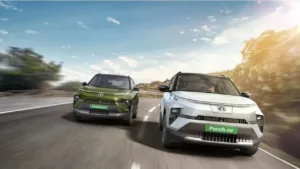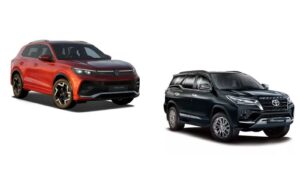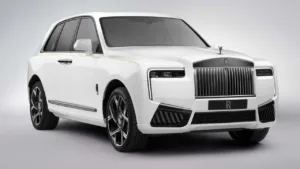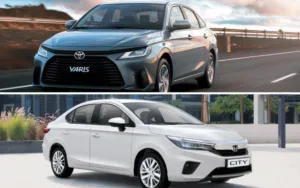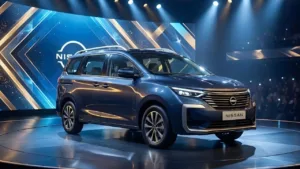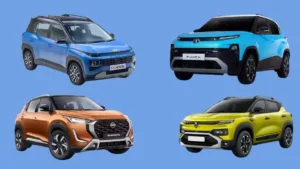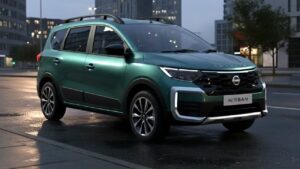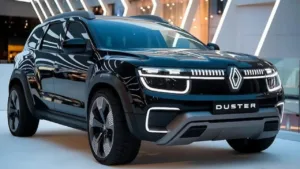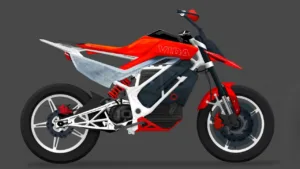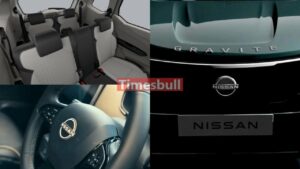The excitement around electric vehicles is growing faster than ever. Now a new battery technology concept from Huawei has sparked huge interest by promising a dramatic boost to driving range and faster charging. These ideas could change what buyers expect from electric mobility, and here’s why it matters.
Huawei’s Bold Patent Plan
Huawei has filed a patent in China for a new-generation solid-state battery with high energy density and rapid charging. The patent describes a nitrogen-doped sulfide electrode that can insulate battery cells from degrading over time. That could provide future EVs with not only improved range but longer-lasting performance too.
Range Could Touch 3000 km
Accounts indicate this new battery will enable a mid-size electric vehicle to drive as much as 3000 kilometers on a single charge. Even when normalized to the EPA cycle, the amount could be in excess of 2000 kilometers, well above what today’s electric vehicles can achieve now. Such a level of range would eliminate most drivers’ fear of running out of charge on a long journey.
Full Charge in Just 5 Minutes
What is most attention-grabbing is the potential for charging from zero to 100 percent in just five minutes. Such speed would make EVs nearly as easy to fill up as petrol, and customers of cars have been desiring this for a long time. If realized, the technology could transform the entire EV charging paradigm in the future.
Impact on Vehicle Costs
Getting to 3000 kilometers of range is not easy. It would require bigger, heavier battery packs, which would raise the price. That might increase the price of cars using this battery in the initial rollout. But technologists believe automakers could scale down this battery technology to produce smaller packs of around 800 to 1000 kilometers of range. This would allow for better driving dynamics without sacrificing the impressive range on a single charge.
EV Charging Infrastructure Challenges
Five-minute full recharge systems will have to be constructed across the country. Although the technology itself appears promising, attendant infrastructure and safety structures must catch up for mass-market suitability. These difficulties might hinder rollout despite the technology’s impressive theoretical designs.
Potential Advantages for Smaller EVs
If costs can be reduced over time, smaller electric cars could also benefit. A smaller, lighter version of Huawei’s battery might deliver enough range to suit daily urban driving while boosting performance. That could make electric options more attractive for budget-focused buyers in India and worldwide.
